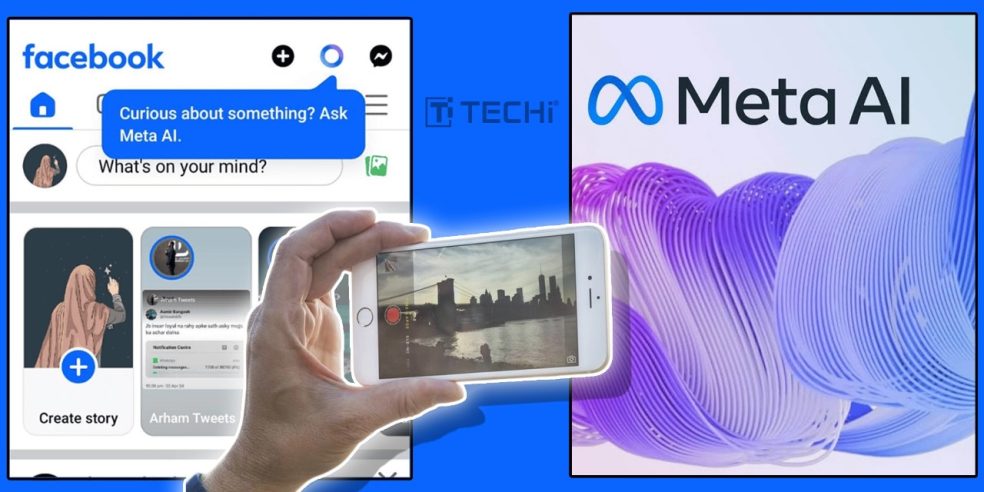Meta AI Wants to Access Your Camera Roll, Analyze Pics You...
Facebook has introduced new features that allow it to suggest collages, recaps, and AI restylings based on photos that have not yet been uploaded. This functionality is dependent on users granting Meta AI access to their camera roll.
Meta AI's Data Usage
Since 2007, Facebook has been leveraging publicly available data, such as posts, photos, and comments, to enhance its AI capabilities. However, the latest development involves Meta AI seeking permission to access photos that users have not shared on the platform. 
Users attempting to utilize the "Story" feature on Facebook are prompted to opt into "cloud processing" through a pop-up window, as reported by (source). By consenting to this request, Facebook gains the ability to suggest various content creations like collages, recaps, AI-generated restylings, and themed presentations based on the contents of the user's camera roll.
Privacy Concerns and User Backlash
While the new feature offers enhanced creative options, it involves the continuous uploading of photos from the user's camera roll to Meta's servers for processing. According to Meta AI's Terms of Service, the analysis can cover aspects such as facial data of acquaintances and locations where the images were captured.
Although currently limited to users in the US and Canada, the feature has already sparked criticism from individuals on various platforms including X, Bluesky, and Reddit.
Managing Camera Roll Sharing Suggestions
For users who may have second thoughts after enabling the feature, there is an exit strategy. By navigating to Facebook's Settings and accessing the Preferences section, users can find toggles related to Camera Roll Sharing Suggestions. These toggles allow users to control whether Facebook can make recommendations based on their camera roll contents or create AI-enhanced versions of their photos.
Data Usage Restrictions and Future Strategy
Despite concerns about privacy and data usage, Facebook has assured users that the media in their camera roll will not be utilized for ad targeting purposes. Additionally, a Meta spokesperson confirmed that the uploaded photos are not utilized to refine AI models in the current testing phase.
The introduction of features aimed at facilitating the creation of AI-generated content may serve as a strategy to attract younger audiences who have been moving away from traditional social media platforms. Notably, Facebook witnessed a significant decline in teenage users between 2014 and 2022, outpacing declines on platforms like Tumblr.

For more news and updates, sign up for our What's New Now newsletter to stay informed about the latest technological developments and expert insights.




















